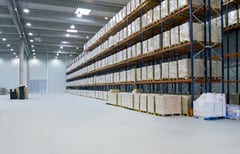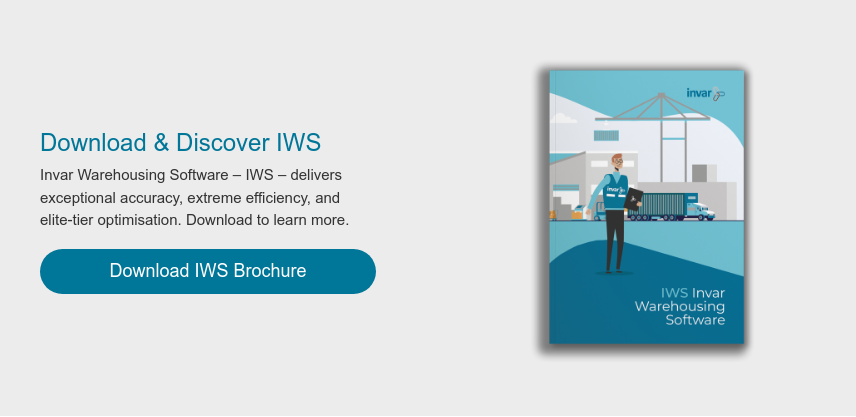
How singular systems help solve the last mile problem
Logistics is an extensive process involving complex considerations, elaborate operations, and carefully calculated co-ordination of components. The fields it operates in are vast and varied, yet the challenges are often surprisingly comparable. Whether you are shipping food aid into central Africa, or delivering games consoles to the centre of Cambridge, one set of problems seems to dominate every kind of logistical operation. When examined by distance, the final twenty percent of the journey seems to consume nearly eighty percent of the overall operational resources. Getting specific goods into the hands of specific consumers has a well-deserved reputation of being difficult, expensive, and time consuming.
This is what is known as the last mile problem. An interlinked set of circumstances and challenges that make the final step of any logistical operation the most difficult.
Exactly what the issues are vary from sector to sector. There could be an issue of lack of data about exact destinations (as is often the case in the central Africa example), it could be complexity of grouping together orders efficiently for a small drop size (as might happen in the centre of Cambridge), or it could simply be the sheer expense of bringing so many varied items to so many different locations.
Whatever the situation, the difficulties will emerge in different ways, but the best possible solution is a singular software option. That is what IWS can offer your business.
By using a WMS that connects your entire logistics process at every stage, from initial client/customer interaction, to generation of shipping documents, to packaging selection, warehouse operation, and courier integration, you minimise the possibility of the kinds of mistakes and mismatched information that exacerbate last mile problems. Consider the following three major advantages of singular software systems in the face of the last mile problem.
1. Formatting consistency
With a singular software system, you can be sure at every stage that every digital step in your logistics process is speaking the same language. Breaks and splits between systems are the most vulnerable places for errors and mistakes to creep in. With a WMS that reaches across the totality of the process, there is the minimum possible space for errors to emerge.
2. Minimised manual input
Manual error is always an unpredictable factor. Whether it’s caused by a genuine mistake, accidental distraction, unavoidable misinformation, or something completely unforeseen and unknowable, the manual factor is inevitable a source of disorder. When your software system sweeps from initial order to final delivery, there is the minimum possible space for such a problem to arise. Manual matters can be circumvented if computers co-ordinate and control all the way.
3. Tracking and tracing everywhere
When a single system is used for every stage of the process, it means that same system can be a lens to view the whole process. Thus, even in the event that a mistake might arise, it can be detected quickly, corrected immediately, and resolved expediently. With this kind of apparatus in play, customer and client expectations can be handled carefully, and your overall operation need not be jeopardised by any manner of mistake, error, or glitch.
With a fully integrated WMS reaching across every step of your logistics operation, your deliveries are in the safest possible hands at each stage. From first click to last mile, a singular system is the best defence and advantage. That is what IWS offers your business.
Written by

Michael Trimmer

Contact Us
Contact us if you have questions or would like to set up an appointment to discuss your warehouse control systems.
Contact usRelated Articles

How does Total Stock Awareness optimise your warehouse?
Inventory management and stock control are always high priorities in any warehouse optimisation...

AMRs in the spotlight: Supermarkets and groceries
Given how logisticians refer to AMRs as the definitive future of warehousing, one might assume that...
Read More
AMRs in the spotlight: Business-to-Consumer Ecommerce
Autonomous Mobile Robots (AMRs) are a hot topic in the logistics sector, and as Invar Group has...
Read More
